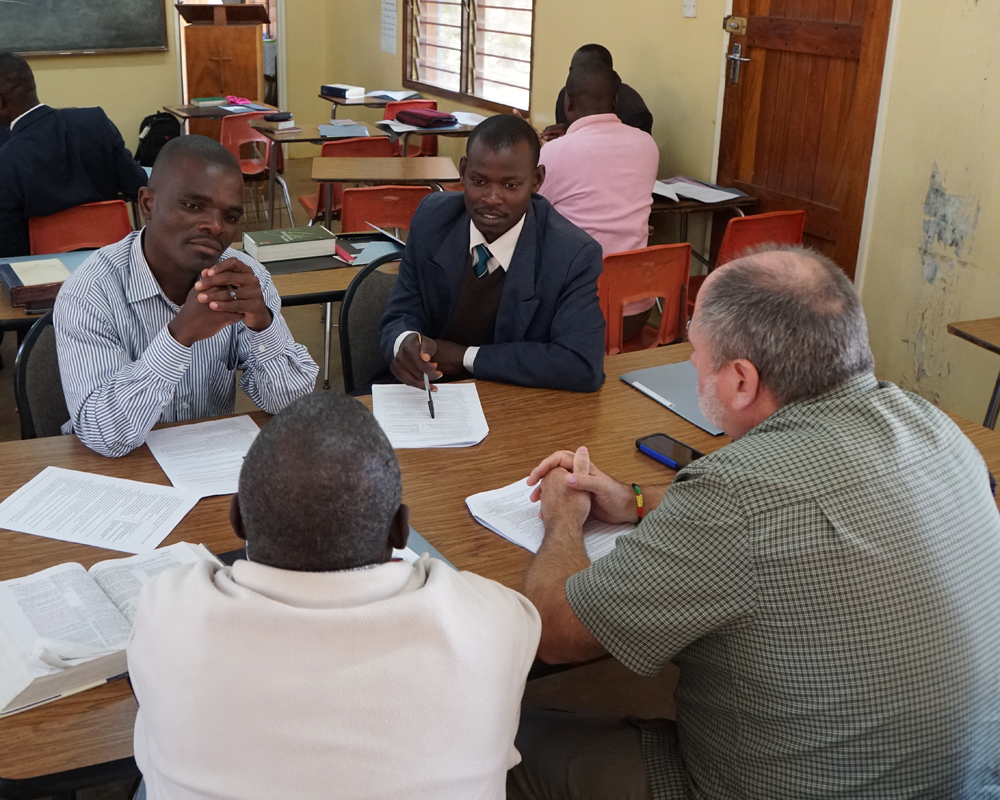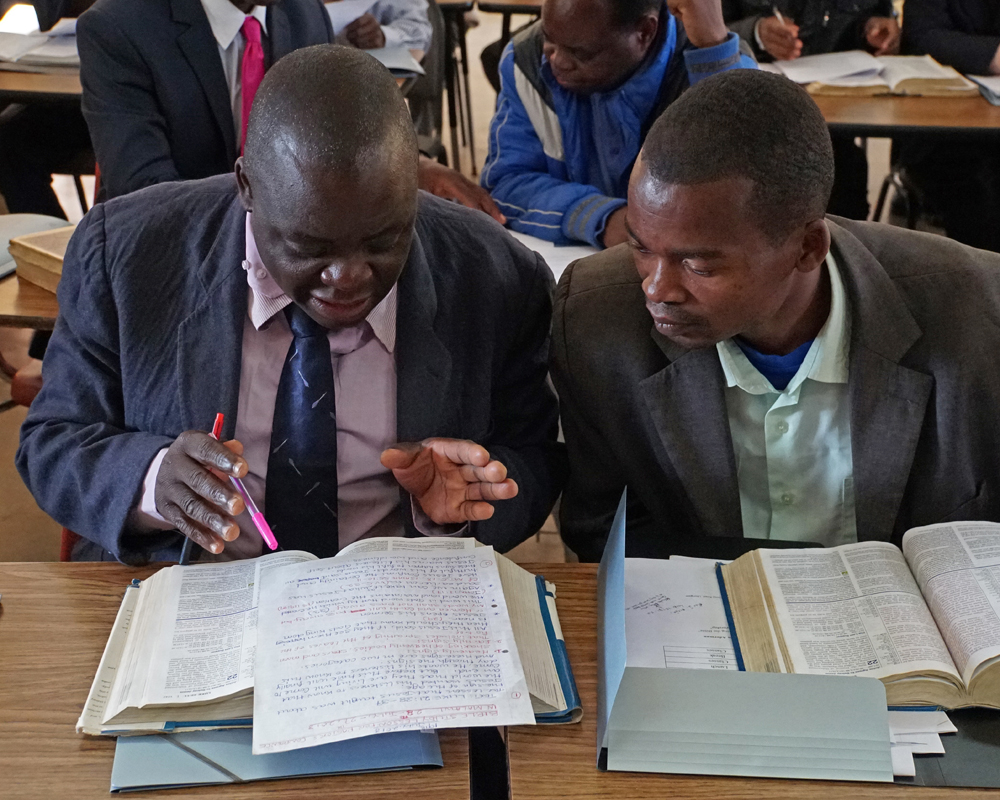Walking Between Two Elephants

Missionary Dan and Karen Kroll have temporarily relocated to Lilongwe, Malawi while the situation on the ground is being assessed.
As we sat with our fellow workers from our mission field, we learned much about the situation there. They had come from the place we call “home,” a place which had now become unsafe for us to return.
They had traveled in a military convoy of about two hundred vehicles, not sure if or when some opposition leaders might attack. The government is strong, but so are those who oppose them in the name of independence. Everybody here was raised with a “might makes right,” so violence becomes the order of the day.
There is a hopelessness in the air as the proverb rolls off his tongue “we are walking between two elephants.” We learn the other half of the proverb about five minutes later as he continues: “when two elephants fight, it’s the grass that suffers .” We (ordinary people) are only spectators in this fight and we don’t choose sides (ANYBODY with a gun makes us run into the bush to hide, makes us afraid to be home), but we are the ones who suffer in this fight. We are the grass.

As Isaiah begins his encouragement to the people of Israel who had been informed of God’s impending judgement, he acknowledges the same idea: “The grass withers and the flowers fall, because the breath of the LORD blows on them. Surely the people are grass. The grass withers and the flowers fall, but the word of our God stands forever “(40:7-8). “It isn’t easy” is a common phrase that comes up in our area – it usually refers to a tragic event or near impossible project that needs to be done. This is a classic such situation: walking between two elephants, and its getting uglier every day.
When God decides that we need to “walk between two elephants,” or he finds it necessary to allow the “elephants” to fight, the best we can do is to prepare for any outcome. This is out of our hands. Almost any way we become involved, we will agitate somebody – we will most likely only make it worse.
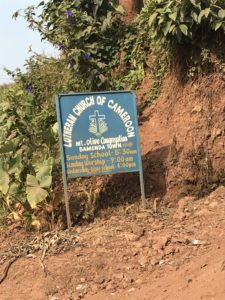
“…BUT the word of our God stands forever.” A pretty important “but” that turns our attention away from the terrible things that are happening in a different part of the world, a war zone, across town or even in our own home. Whenever we look to people or expect anything of this world to bring peace and happiness we will surely be disappointed. In fact, the devil will use that to get our attention away from our Savior Jesus. As soon as independence, peace, prosperity or personal satisfaction rule our hearts and lives, we can be lost, trampled underfoot.
Is there a way for us to leave the “elephants” alone? In spite of the worldly suffering in this situation, might we rather focus on the good news that our ever-gracious and wise LORD is still in charge, even stronger than the elephants. We remember always that he plans only good things for us (Romans 8:28). The best example is the sacrifice of his own son to keep us close to him for eternity. Let us continue to read and study his word to remind us that even our biggest “elephant” (death) no longer has power over us. Together with Jesus we cannot lose. The whole world needs to know about this great victory in Jesus – even if it means we have “walk between two elephants” while we tell them!
Missionary Dan Kroll
Please pray for those working in fields that are ripe for harvest. Share their story, engage with future news and receive updates. Go to this link to learn more about our mission fields in Africa and how the Holy Spirit is working faith in people’s hearts https://wels.net/serving-others/missions/africa
